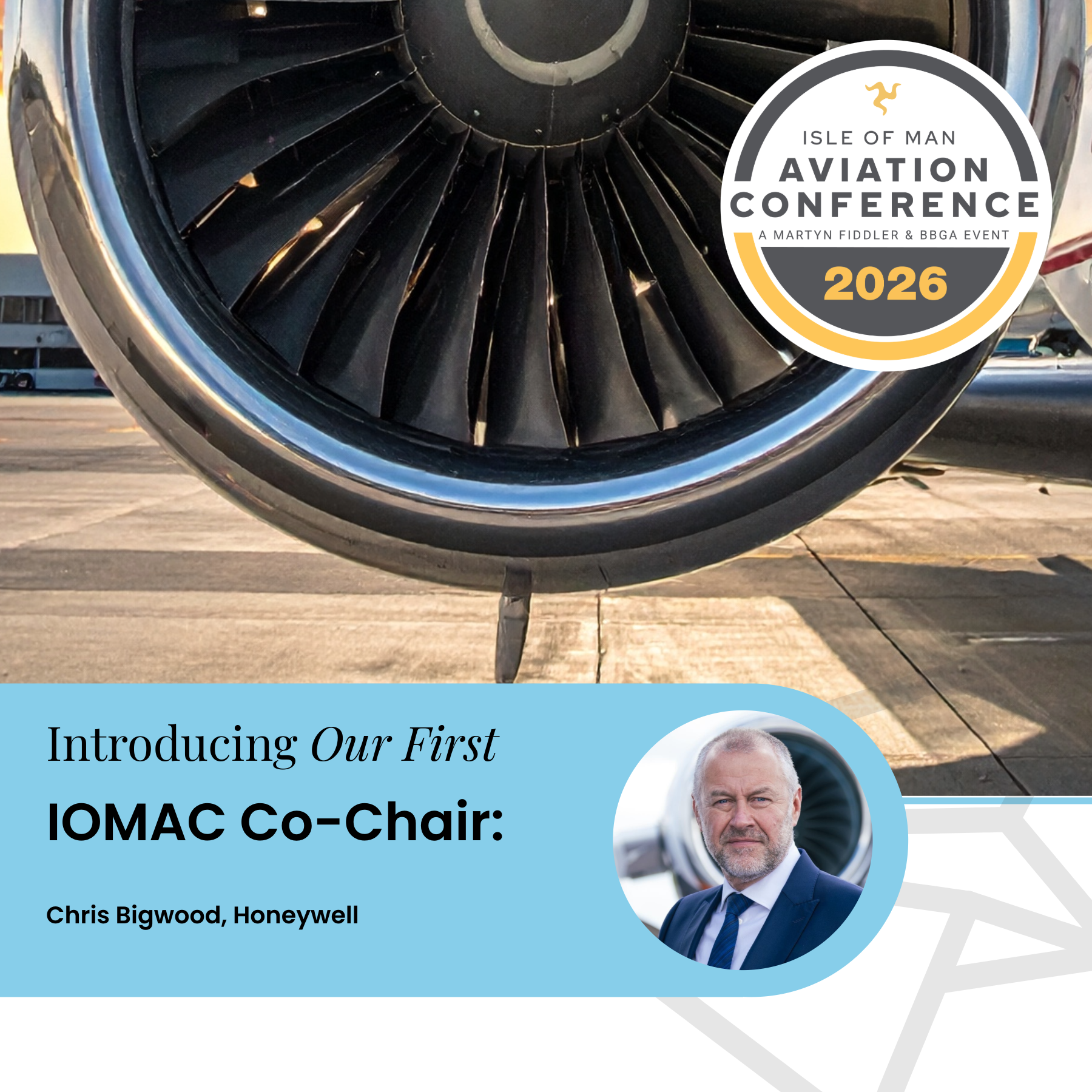Welcome to chapter one of our latest instalment examining the state of business aviation in 2025.

‘Adapt what is useful, reject what is useless, and add what is specifically your own.’ Bruce Lee’
When writing about the state of the industry in 2025 it is impossible to avoid one thing: the impact of politics.
Events, policy decisions, and political choices are occurring so quickly that accurately predicting future political, cultural, and business conditions resembles consulting tarot cards or reading chicken entrails for guidance. The difficulty is that business aviation must continue to operate despite this ongoing uncertainty.
The starting point for addressing this is acknowledging, as Rishad Tobaccowala writes, that “the future does not fit in the containers of the past.” New ideas, technologies, challenges, and opportunities require fresh perspectives, flexible approaches, and the willingness to rethink traditional assumptions.
Martyn Fiddler proposes adopting an adaptive strategy. What does this mean?
Adaptive strategy means recognising that the only genuinely sustainable competitive advantage in a complex, changing environment is the ability to continually adapt.
Traditional business thinking often mistakenly assumes a single correct strategy can ignore change or at least neutralise a changing environment by having the right strategy.

Adaptive strategy differs fundamentally from common business cliches. Instead, it suggests the strongest competitive advantage any business can have is the capacity to adapt continuously.
Adaptive strategy does not mean reinventing the business repeatedly. Instead, adaptive strategy is about rapidly building on existing methods to create results that surpass the original capabilities. When proven methods aren’t available, adaptive strategy results in rapidly discovering or developing new approaches.
According to the Boston Consulting Group, ‘Unlike the standard business school approach of sustainable competitive advantage, an adaptive approach to strategy rests on the idea of serial temporary advantage. In unpredictable and non-malleable environments, the emphasis is on continuous experimentation and real-time adjustment rather than on long-term analysis and planning. Since advantage is temporary, the focus is on means, not ends.’
Many successful businesses demonstrate how adaptive strategies help them thrive. Lego, for example, recognised the shift in play preferences among younger generations: ‘Lego collaborated with tech companies to integrate digital elements into its traditional brick sets. This adaptation appealed to a new generation and showcased Lego’s ability to respond to consumer preferences while staying true to its core product.
Managing political uncertainty presents a significant test of adaptive strategy. The political situation in 2025 has moved away from traditional diplomacy, becoming transactional, confrontational, and unpredictable. This volatile political atmosphere risks causing businesses to drift away from their core values and good practices that made them respected employers. Therefore adaptive strategy is not adaptive values.
Ian Leslie, respected author, blogger and writer, provided some comfort about the political influence on business in his article the Great Vibe Shift Leslie notes that while the new US administration looks to remove equality and diversity policies with great gusto, triumph and verbosity, many leaders will continue to do good business work even without these rules. Leslie writes most leaders instinctively believe that you should hire and promote people on individual merit; avoid internal divisions wherever possible; treat people the same regardless of race or gender; do the work in front of you rather than debate politics; show up every day and work hard unless you absolutely can’t. These are common sense principles of successful and thriving organisations.
However, balancing core values against unprecedented political pressure is easier said than done. Certain high profile law firms in the USA (Paul Weiss, Skadden Arps and Willkie Farr & Gallagher to name a few) have recently attracted unwanted media attention. The firms were hit by executive orders which banned them from appearing in court due to political claims their work on progressive causes undermined the judicial system and [their] pro-diversity hiring policies were illegal� according to the Financial Times. However, rather than litigate, the firms cut a deal with the government; the executive order has been cancelled for those firms who made concessions which include over $200million in pro-bono legal services on issues important to the president.
For business aviation, the next year will require remaining connected to their core values, even if political conditions become challenging. Retaining existing staff and recruiting new employees will depend heavily on adaptive thinking, positive leadership, and reliable governance. Maintaining strong values and clear leadership will help businesses adapt successfully to political uncertainty.
Next week we are moving to chapter two of the State of Business Aviation 2025: Tax the Rich. Calls to tax the rich are in the headlines and they are shaping policy. From APD hikes to luxury surcharges on private aviation, governments are targeting wealth and emissions at the same time. But will it work? And what are the risks to business aviation? We explore what�s happening, what it means, and why it may backfire.



